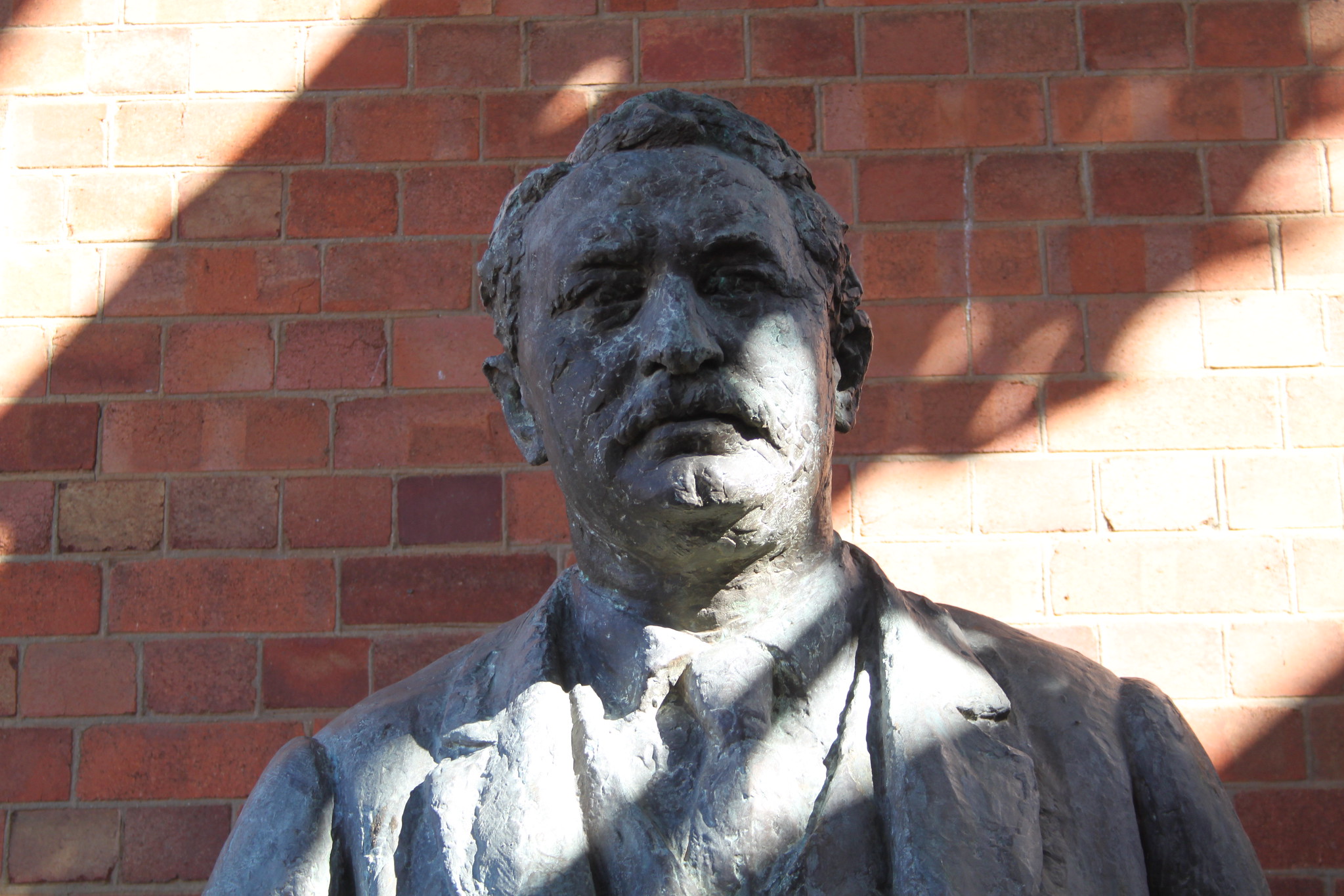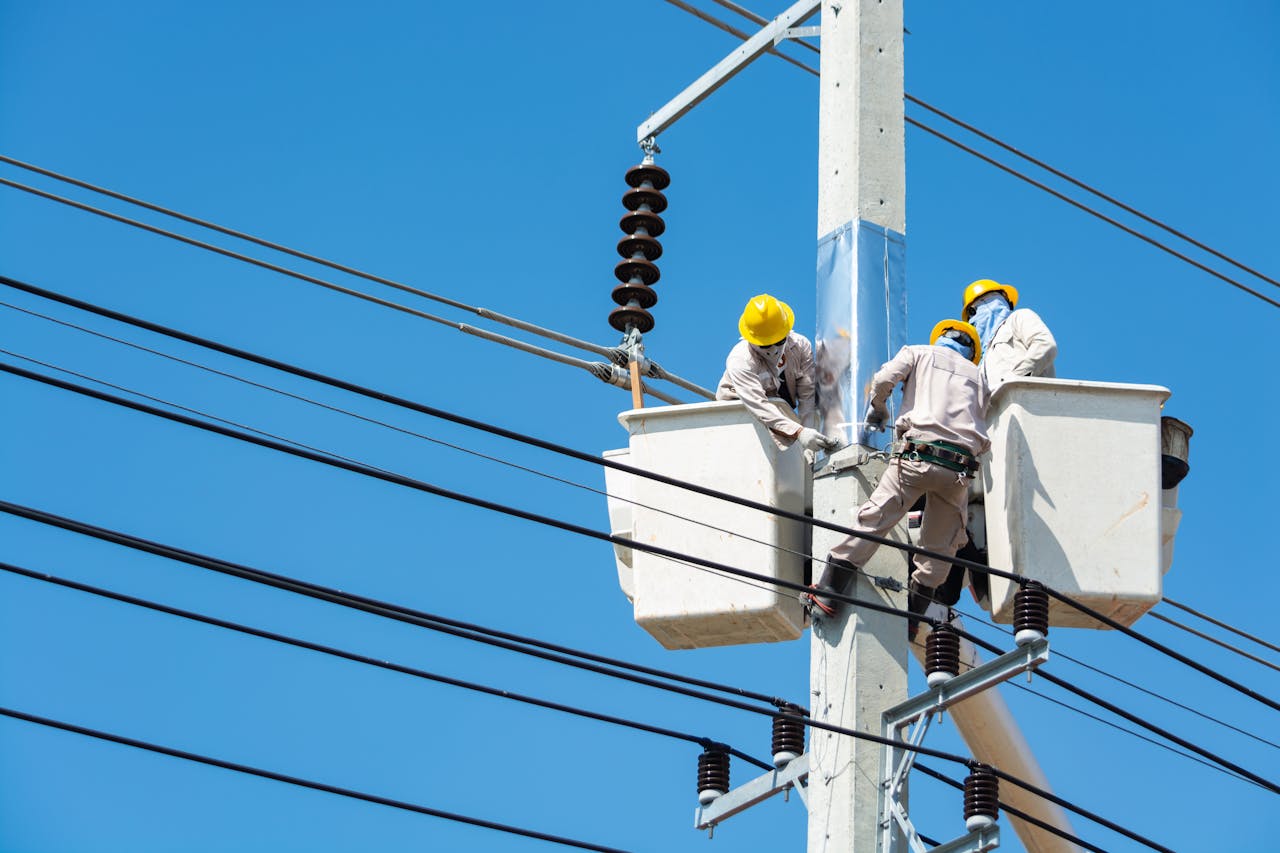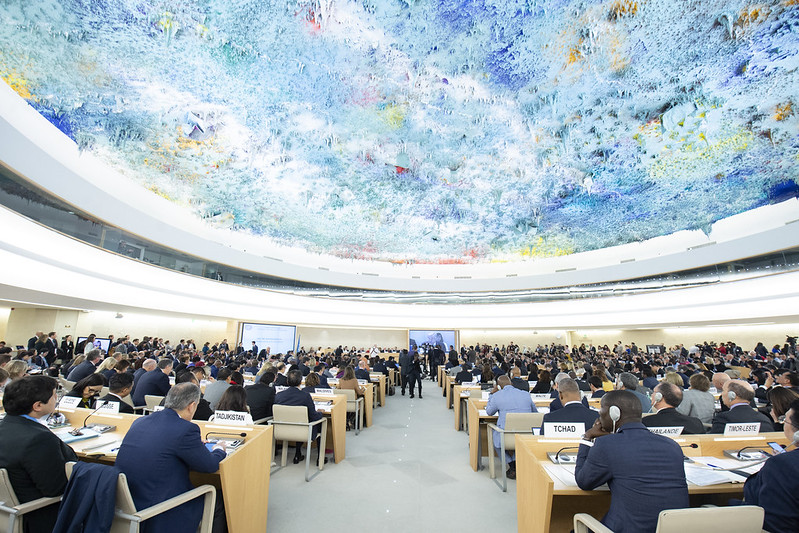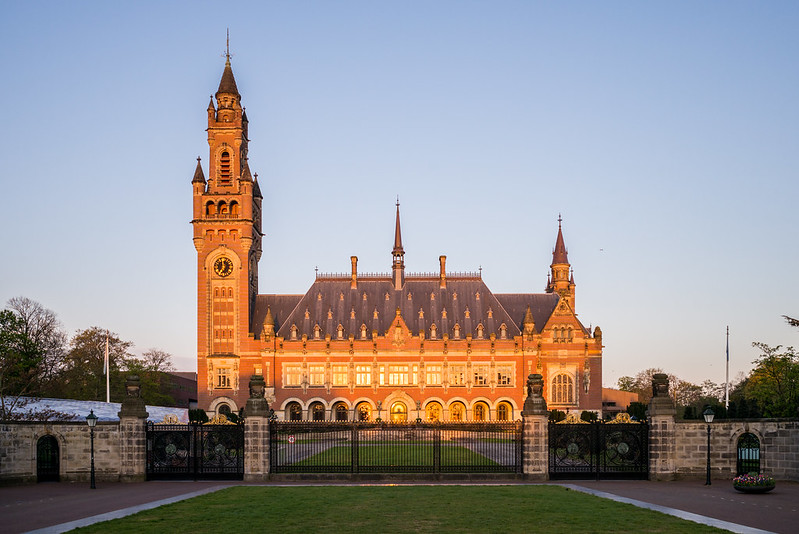South Africa is the world’s largest producer of Fairtrade wine. Despite the assurances of the Fairtrade certification, longstanding issues of racialised worker exploitation persist throughout the industry, writes Joshua Bell.
The production of Fairtrade wine is dependent on the South African wine industry. In 2015, Wines of South Africa indicated that two-thirds of global Fairtrade wine sales were from South Africa. By 2024, the FLOCERT database shows that 29 out of 43 Fairtrade wine producing organisations are South African. Yet despite the widespread use of the certification, the industry perpetuates racialised inequality that has its roots in colonial and apartheid South Africa.
Wine grapes were first pressed in South Africa in 1659 by Dutch colonists in the Cape. As a product of colonialism, the South African wine industry grew through the racialised exploitation of black and coloured enslaved workers, and the farming of grapes drove the dispossession of land around the Cape. With the introduction of the apartheid regime in 1948, the systemic oppression and exploitation of black and coloured farmworkers became institutionalised through racist national policies and legislation.
In 1994, South Africa’s first democratic election formally ended nearly four centuries of colonial and Apartheid rule. This change led to the introduction of a minimum wage and labour rights. Importantly for the South African wine industry, the arrival of democracy meant the lifting of the trade sanctions which had been imposed on South Africa as a result of apartheid.
Following the (re)entry of South Africa into the global market, South Africa has become the world’s eighth largest producer of wine. The South African wine industry employs approximately 290,000 people, primarily in the Western Cape.
The participation of the South African wine industry in global wine markets has led to expectations from importing countries regarding labour practices, resulting in the introduction of certificatory bodies such as Fairtrade International in 2003.
The Fairtrade label assures consumers that products have been ethically produced and traded. Fairtrade certification is supposed to be provided only after an audit to determine that the social, economic, and environmental conditions on the farm meet certain minimum requirements.
Fairtrade certification is often reserved for small-scale producers. But in the South African wine industry, the certification has been extended to large-scale commercial producers. This decision was argued to be necessary by Fairtrade International as, by 2010, only 3 of the 42 Fairtrade producers in South Africa were small-scale producers.
The Fairtrade label has offered the global wine industry a crucial assurance that South African wines are produced ‘fairly’. This assurance stands in stark contrast with the history of this industry, which has been built on unfair, racially exploitative production practices.
Unfortunately, South Africa’s wine industry has not significantly changed its structure since the arrival of democracy. Large-scale commercial farms remain primarily white-owned and racialised exploitation continues on many farms.
Continued issues of exploitation
In 1997, John Platter (a respected commentator in the global wine industry) exposed the continuing legacy of labour exploitation by local producers, as detailed by the New York Times. This exposure had resulted in threats of mass boycotts of South African wines, leading local winemakers to turn to certificatory bodies such as Fairtrade to assure the reputation of local wines through the provision of an ethical certification.
The South African wine industry would again come under scrutiny in 2013, as farmworker protests in the De Doorns region (in the Western Cape) demanded higher wages and decent working conditions. The De Doorns uprising brought to the fore the reality of farmwork in the region, characterised by low wages, long hours, and inadequate protection from dangers such as pesticides.
The uprising created a backlash against South African wine and some European countries threatened to boycott South African wines. This episode increased the importance of the Fairtrade label to the South African wine industry.
In 2016, the Bitter Grapes documentary, featured on Danish and Swedish television, shone a light on the harsh working and living conditions of South African wine farmworkers. The conditions depicted in the documentary were deemed so dire by Scandinavian consumers that Danish supermarkets began to pull South African wines off their shelves in response to what South African trade unions described as a modern iteration of slavery.
Then, in 2023, 150 wine farmworkers, many dressed in t-shirts featuring the slogan “UNFAIRTRADE”, marched to the Labour Centre in Paarl to demand stricter enforcement of labour laws on farms. This march was accompanied by a report from the Women on Farms Project which indicated issues of poor housing, dangerous working conditions, and wages below the National Minimum Wage of $1.39 per hour.
Inequality and Fairtrade
Injustices and inequality are everyday realities of life on South African vineyards, including those with Fairtrade certification.
While it would be reductive to say that the practices of white-owned wine farms remain unchanged from the apartheid and colonial regimes, the limited structural change within the wine industry helps reproduce longstanding issues of inequality.
These issues of inequality are so significant that, in 2011, Human Rights Watch produced called the South African wine industry ‘ripe with abuse’ due to indecent working conditions and low wages.
Large-scale and primarily white producers dominate South Africa’s engagement in the Fairtrade market, which is vital for the export market, further entrenching racialised inequality in the industry.
In not recognising the need for systemic intervention and change, the certification of South African wines as ‘fairly traded’ serves to perpetuate the longstanding inequalities and systems of exploitation which plague this industry and the country.
Photo credit: Pexels





